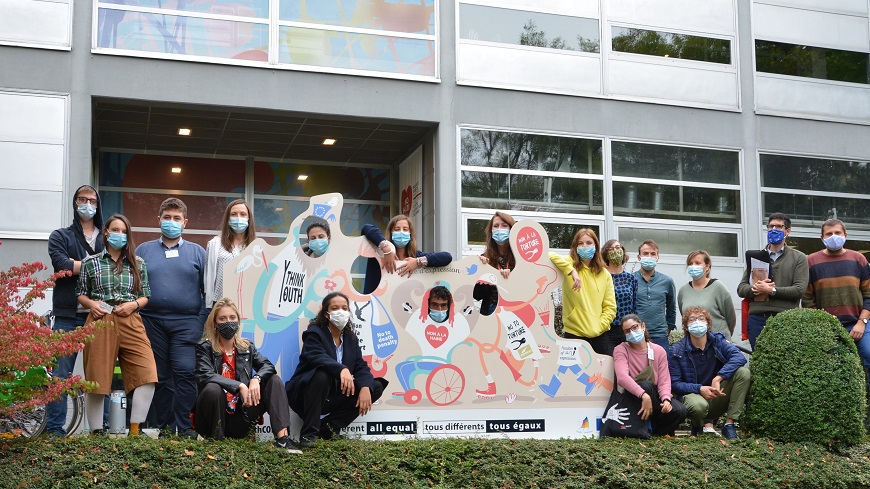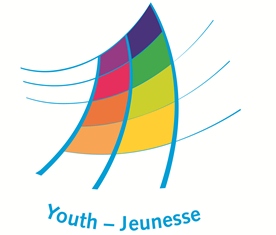The European Youth Centre was home to the first residential activity since March. The study session "W(e)-participate: Harnessing Digital Innovation for Youth Participation at the Local Level" organised in cooperation with DYPALL Network, was held in Strasbourg from 28 September to 2 October 2020 with 19 youth workers and youth leaders from ten member states. The activity discussed conditions for digital participation processes to facilitate young people’s engagement in decision-making online.
The programme focused on how the Revised European Charter on the Participation of Young People in Local and Regional Life can be applied to the digital environment. During the pandemic many youth organisations, institutions and public authorities experimented with practices of online youth participation. But many issues need to be further explored to make sure that local level authorities, youth organisations and youth councils can effectively run online participation processes, such as:
- Clarifying the actual issues that young people can (co-)decide online. This process should be done in a democratic way, safeguarding diversity of young people and not only those invited to an online meeting.
- Even if the Internet is seemingly accessible to many, this does not make automatically online participation spaces to be inclusive. Many issues remain to be addressed, from providing young people with the support and means to engage online to securing that young people have a meaningful role.
- Digital youth participation should not be a decoration to decision-making processes that are effectively limited to presential meetings. Decision-making on a local level should be addressed in a systemic perspective and secure that the voice of young people is equally important and valued online and in person.
- Youth workers and youth leaders need further training on using digital tools, especially to make sure that these tools respect the privacy and security of the young people and the democracy of the processes.
- Online dimension of youth participation call upon a new culture of work and living, where young people are expected to be present and active online all the time. Issues like leisure time and personal time must be safeguarded.
- Youth work and human rights education are about developing values and attitudes for living in a culture of human rights and democratic citizenship. The online environment limits the learning and development of those values and attitudes; the need for and in person meetings remains very important.
The study session directly contributes to the Youth for Democracy programme of the Council of Europe, as an example of how to provide support to youth organisations to develop youth work for the democratic participation of young people. It contributed to the work of the youth sector in supporting young people in actively shaping and meaningfully taking part in the digital democracies which are rapidly becoming a reality for many of them.




